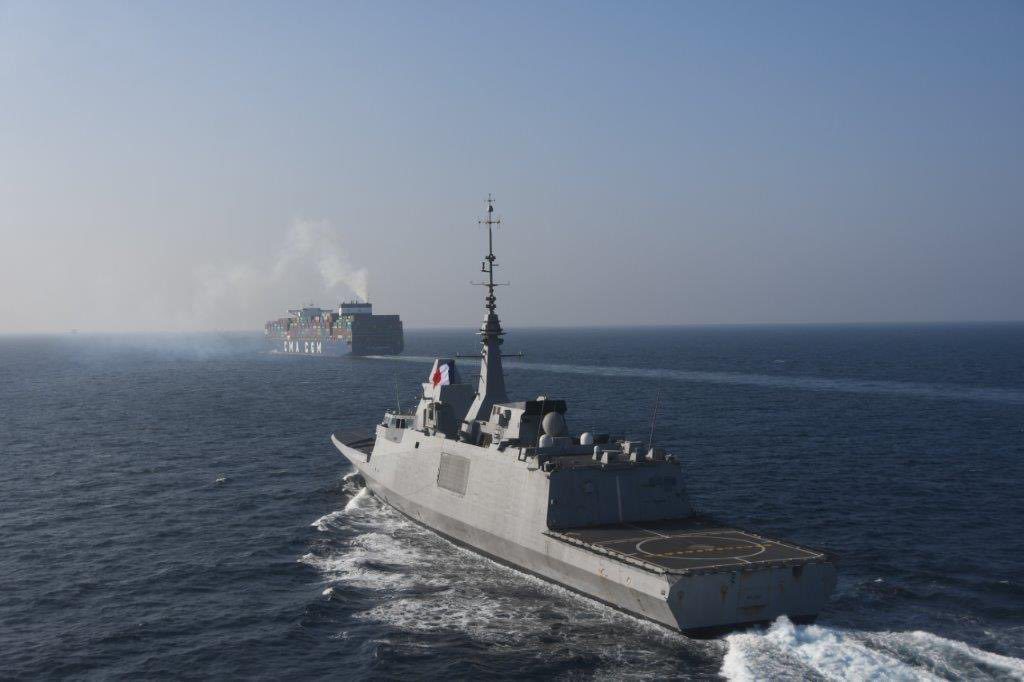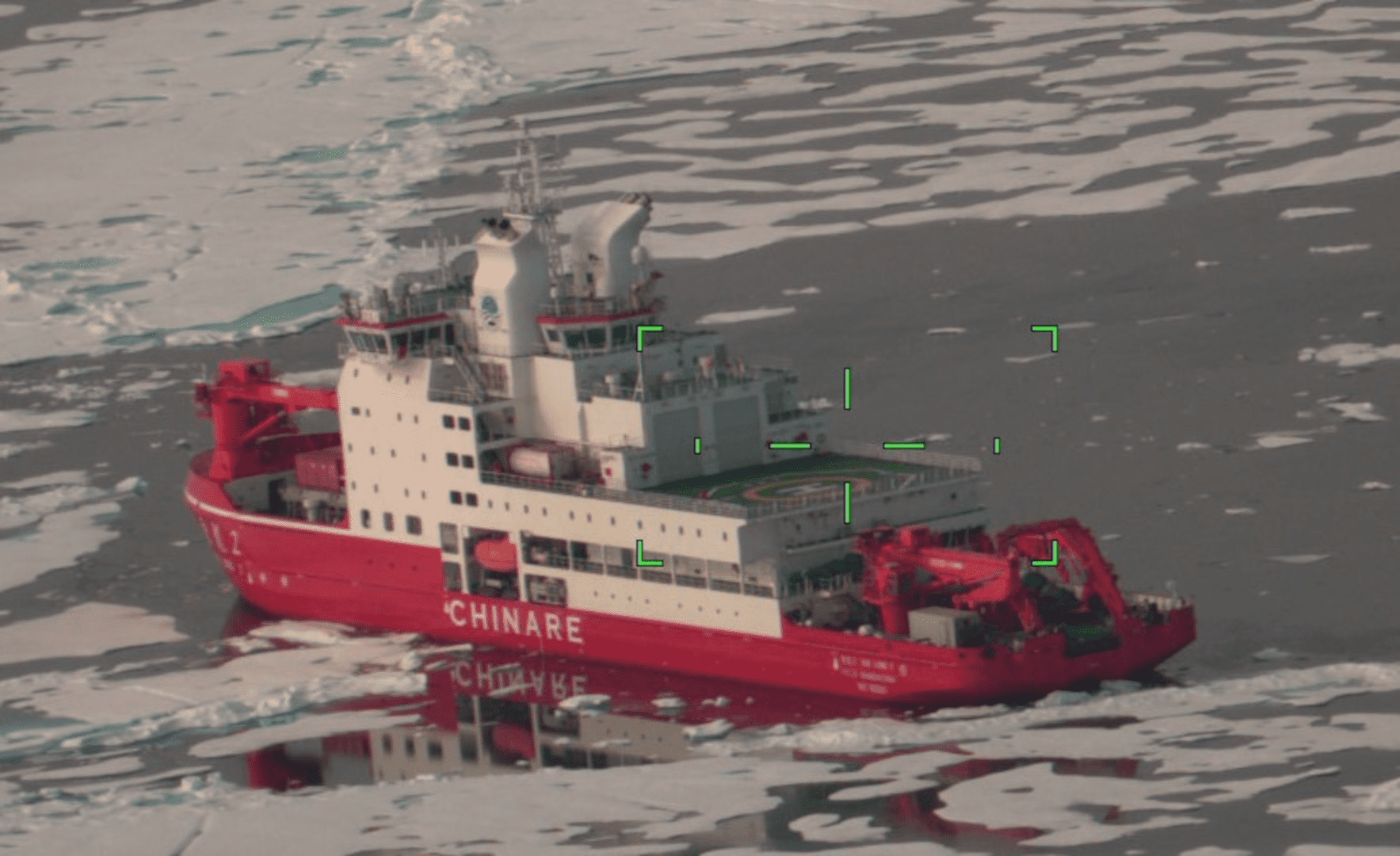A groundbreaking new report from the United Nations Institute for Disarmament Research (UNIDIR) is raising the alarm over a fragmented and insufficient approach to global maritime security, calling for urgent action to address growing vulnerabilities at sea.
This comprehensive study, the first of its kind, exposes a widening array of threats in maritime zones worldwide, ranging from missile and drone proliferation to illicit arms trafficking and the protection of critical maritime infrastructure. It argues for tighter integration between maritime governance and international arms control frameworks to counter these emerging risks effectively.
The report’s release is timely, coinciding with the adoption of the UN’s Pact for the Future, which emphasizes enhanced international cooperation to secure oceans. Notably, Action 22 of the Pact urges improved governance, environmental protection, and conflict prevention at sea—echoing the key themes in UNIDIR’s findings.
A Looming Crisis on the High Seas
UNIDIR identifies 20 critical challenges poised to shape the maritime security agenda. These range from cybersecurity risks and the proliferation of low-cost uncrewed systems to the impacts of climate change and biodiversity loss. The report underscores the increasingly complex nexus between environmental concerns and traditional security threats, requiring more dynamic strategies to safeguard global maritime zones.
However, a glaring issue remains: the fractured state of maritime security governance. At least five UN agencies operate substantial maritime security programs, and 24 other UN bodies influence policies in this space. Yet, no single entity is charged with overseeing or coordinating these efforts, leaving gaps that adversaries could exploit.
Four Pillars for a Unified Strategy
The report concludes with four strategic recommendations to address maritime security challenges:
- Establish a UN-level maritime security strategy, potentially through a high-level panel to drive coherence across fragmented initiatives.
- Develop comprehensive assessment mechanisms to evaluate security risks in individual nations and regional seas.
- Modernize the Law of the Sea to address emerging issues such as maritime cybersecurity, infrastructure threats, and sanction evasion.
- Strengthen regional maritime governance by formalizing and expanding the role of regional seas conventions as a legal foundation for coordinated security efforts.
These recommendations aim to create a more coordinated and effective approach to global maritime security in the face of evolving challenges.
Oceans Under Threat
As global reliance on maritime activity intensifies—for trade, energy, and environmental sustainability—the stakes of addressing these security challenges grow higher. The report serves as both a wake-up call and a roadmap for global leaders. Without coordinated action, the fragile balance between maritime security and sustainable development may falter, endangering not only the oceans but the global economy and geopolitical stability they underpin.

 Join The Club
Join The Club











